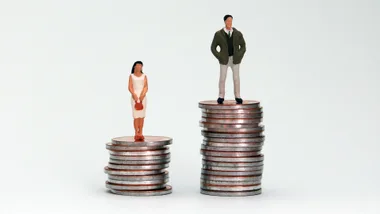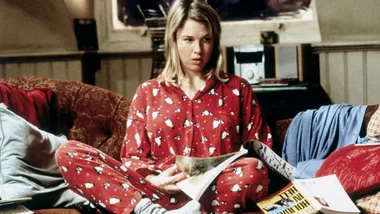So while we all know that money can’t buy happiness and the best things in life are free etc etc, there’s no denying we live in an age where the cost of living is on the up (and up and up…) so it’s little wonder that money does have to come in to play at some point.
According to Angus Deaton, who won the Nobel Prize in 2015 for his work in poverty and development, says that there is such a thing as a ‘happiness plateau’ in relation to your annual salary.
RELATED: Forget The Glass Ceiling. This Is The NEW Issue Facing Ambitious Women
According to a study with psychologist Daniel Kahneman, Deaton found that “everyday contentment” increases up to US$75,000 (AU$98,464) but then levels off after that.
“Perhaps $75,000 is a threshold beyond which further increases in income no longer improve individuals’ ability to do what matters most to their emotional well-being, such as spending time with people they like, avoiding pain and disease, and enjoying leisure,” they found.
The study analysed 450,000 responses from a daily survey of 1000 US residents conducted by the Gallup Organisation and they concluded that happiness could be broken down into two categories:
Everyday contentment, or “the frequency and intensity of experiences of joy, stress, sadness, anger, and affection that make one’s life pleasant or unpleasant”
Life assessment, or “the thoughts that people have about their life when they think about it”.
RELATED: Hillary Clinton And Sheryl Sandberg’s Key Quality For Success
RELATED: Five Ways To Take Financial Control Of Your Life
While the ‘Everyday contentment’ category plateaus, ‘Life assessment’ continues to grow with salary.
“Giving people more income beyond 75K is not going to do much for their daily mood … but it is going to make them feel they have a better life,” Deaton told the Associated Press.
“As an economist I tend to think money is good for you, and am pleased to find some evidence for that.”










